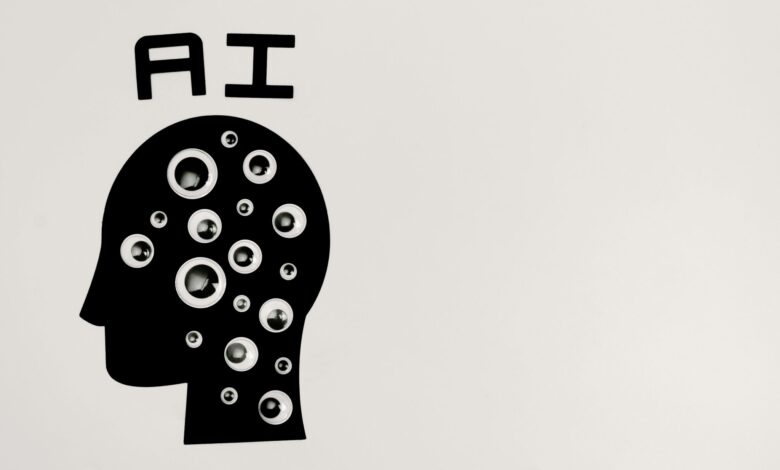80% of the Software Engineering Task Force Will Have to Upskill by 2027: Gartner Report Reveals

- Although AI will not completely wipe out human software engineers, it will certainly transform the role they will play.
- To stay relevant, more than 80% of the workforce will have to upskill.
- In the coming future, we’ll have an AI-native era where codes will be churned out by machines and human engineers will be needed for NLP engineering and RAG skills.

A new report by Gartner suggests that by 2027, more than 80% of the software engineering workforce will have to upskill if they want to stay relevant.
The advent of AI has led to the belief that it will soon take over the workforce, reduce the need for human professionals, and might even completely replace them. However, Gartner says that it’s not completely true.
AI will certainly change the role engineers play in a project but there will also be a need for human creativity and expertise.
How Will the Roles of Software Engineers Evolve?
In the short term, AI will offer a moderate productivity boost and help engineers complete tasks more efficiently. For example, professionals are already using ChatGPT and other AI assistants. This will be most beneficial for senior engineers who are already familiar with complex engineering processes.
In the medium term, the same productivity gains are expected to be amplified. A much wider range of developer tasks, including complex ones will be automated. At this stage, most of the codes will be AI-generated instead of being written by humans. This stage will mark the beginning of the AI-native era.
Even if AIs will do most of the code writing, human software engineers will still be needed. The only difference is that instead of their coding skills, they will be needed for their natural-language prompt engineering and retrieval-augmented generation (RAG) skills.
‘In the AI-native era, software engineers will adopt an ‘AI-first’ mindset, where they primarily focus on steering AI agents toward the most relevant context and constraints for a given task.’ – Philip Walsh, Sr Principal Analyst at Gartner
In the long term, the industry will need a “new breed of engineers” to keep up with rapidly developing AI-powered systems. These engineers will have to be proficient in machine learning and data science along with the usual principles of software engineering.
The change has already started taking place. Organizations and professionals are starting to realize the importance of AI and machine learning skills.
For instance, in a survey conducted by Gartner among 300 U.S. and U.K. organizations in the last quarter of 2023, it was found that 56% of the participants found AI and machine learning to be the most important skills for 2024. It’s also the skill with the most demand-supply gap.
New-age job positions like “prompt engineers” are also becoming popular, with a hefty average salary of $130,000.
Not Everyone Is Convinced
Although Gartner is convinced that software engineering jobs won’t be completely wiped out, not everyone is as optimistic. For instance, Emad Mostaque, who is the former CEO of Stability AI, predicted in July that human programmers will end within 5 years.
Amazon Web Services CEO, Matt Garman, also shared similar views in August. He said that although he can’t predict when exactly it will happen, soon most developers won’t be coding. Hence, he believes that engineers need to focus on other soft skills, creative problem-solving, and brainstorming new ideas.


